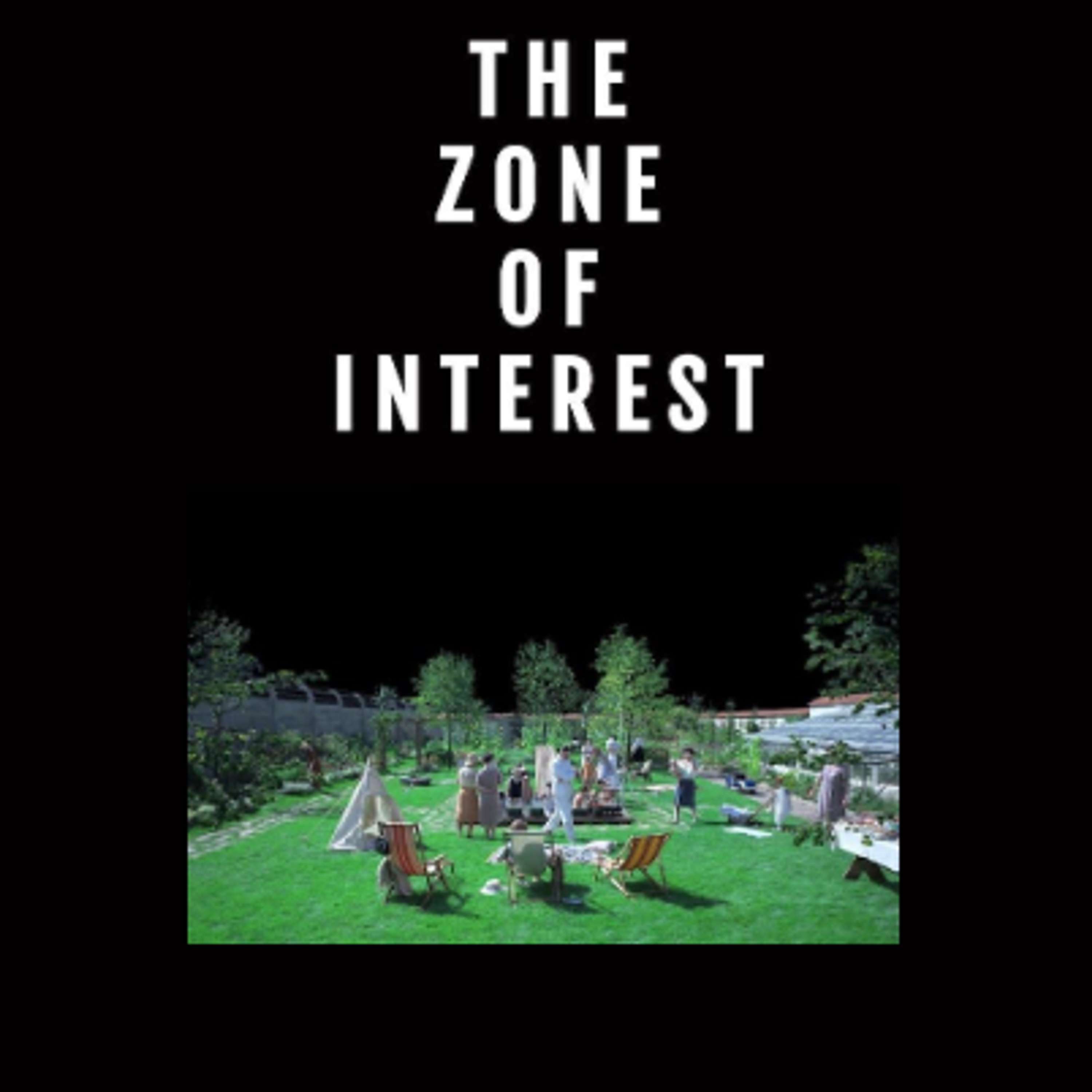What does this 2024 film, portraying the family life of Auschwitz Commandant Rudolph Hoss, teach us about that family’s ability to compartmentalize the horrors from which they directly benefit, and what lessons does this hold for us? How does the film make use of the aural atmosphere laying over the mundane activities of the family to implicate their guilt? How does the film portray the bravery and heroism of the young girl who, at great risk to herself, plants apples around the work areas for the prisoners that are slave laborers? Does the concluding set of scenes, showing Hoss retching as he descends a darkened flight of stairs alone, and then taking us forward in time to the present-day Auschwitz Birkenau Memorial and Museum, portray Hoss’s recognition, at some level, of the enormity of his crimes, illustrating something reflected upon by Aleksandr Solzhenitsyn as he wrote about his own experiences in the Soviet Gulag system? “the line separating good and evil passes not through states, nor between classes, nor between political parties either -- but right through every human heart -- and through all human hearts. This line shifts. Inside us, it oscillates with the years. And even within hearts overwhelmed by evil, one small bridgehead of good is retained”
Philosophy at the Movies
The Zone of Interest

What does this 2024 film, portraying the family life of Auschwitz Commandant Rudolph Hoss, teach us about that family’s ability to compartmentalize the horrors from which they directly benefit, and what lessons does this hold for us? How does the film make use of the aural atmosphere laying over the mundane activities of the family to implicate their guilt? How does the film portray the bravery and heroism of the young girl who, at great risk to herself, plants apples around the work areas for the prisoners that are slave laborers? Does the concluding set of scenes, showing Hoss retching as he descends a darkened flight of stairs alone, and then taking us forward in time to the present-day Auschwitz Birkenau Memorial and Museum, portray Hoss’s recognition, at some level, of the enormity of his crimes, illustrating something reflected upon by Aleksandr Solzhenitsyn as he wrote about his own experiences in the Soviet Gulag system? “the line separating good and evil passes not through states, nor between classes, nor between political parties either -- but right through every human heart -- and through all human hearts. This line shifts. Inside us, it oscillates with the years. And even within hearts overwhelmed by evil, one small bridgehead of good is retained”
- Broadcast on:
- 01 May 2024